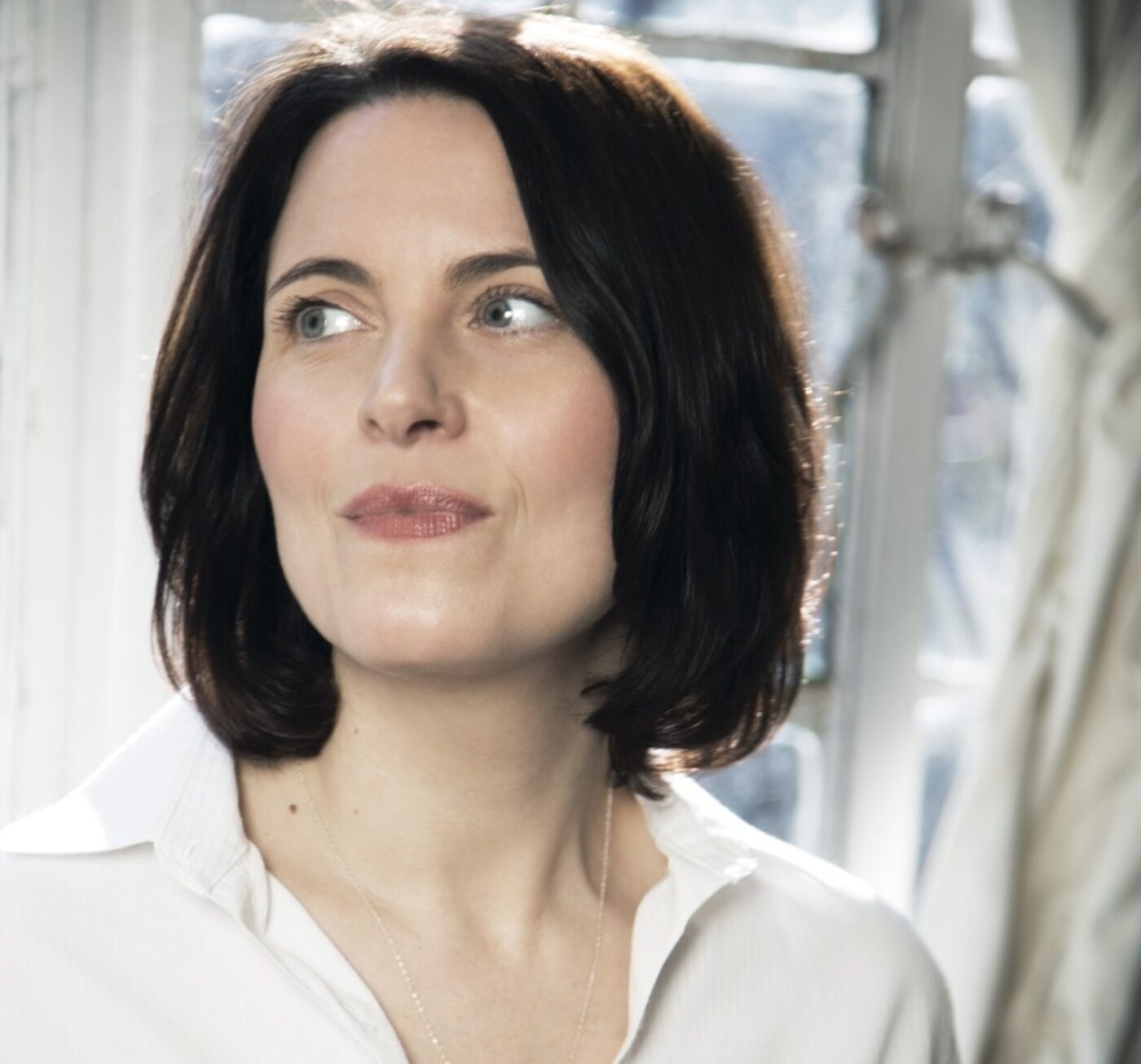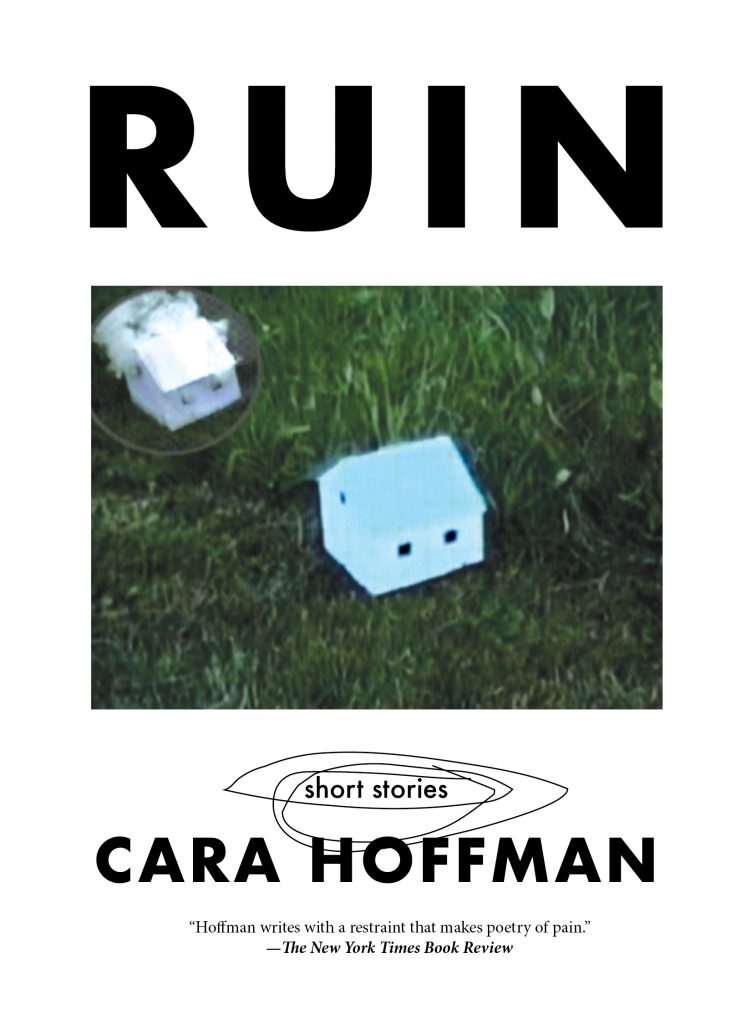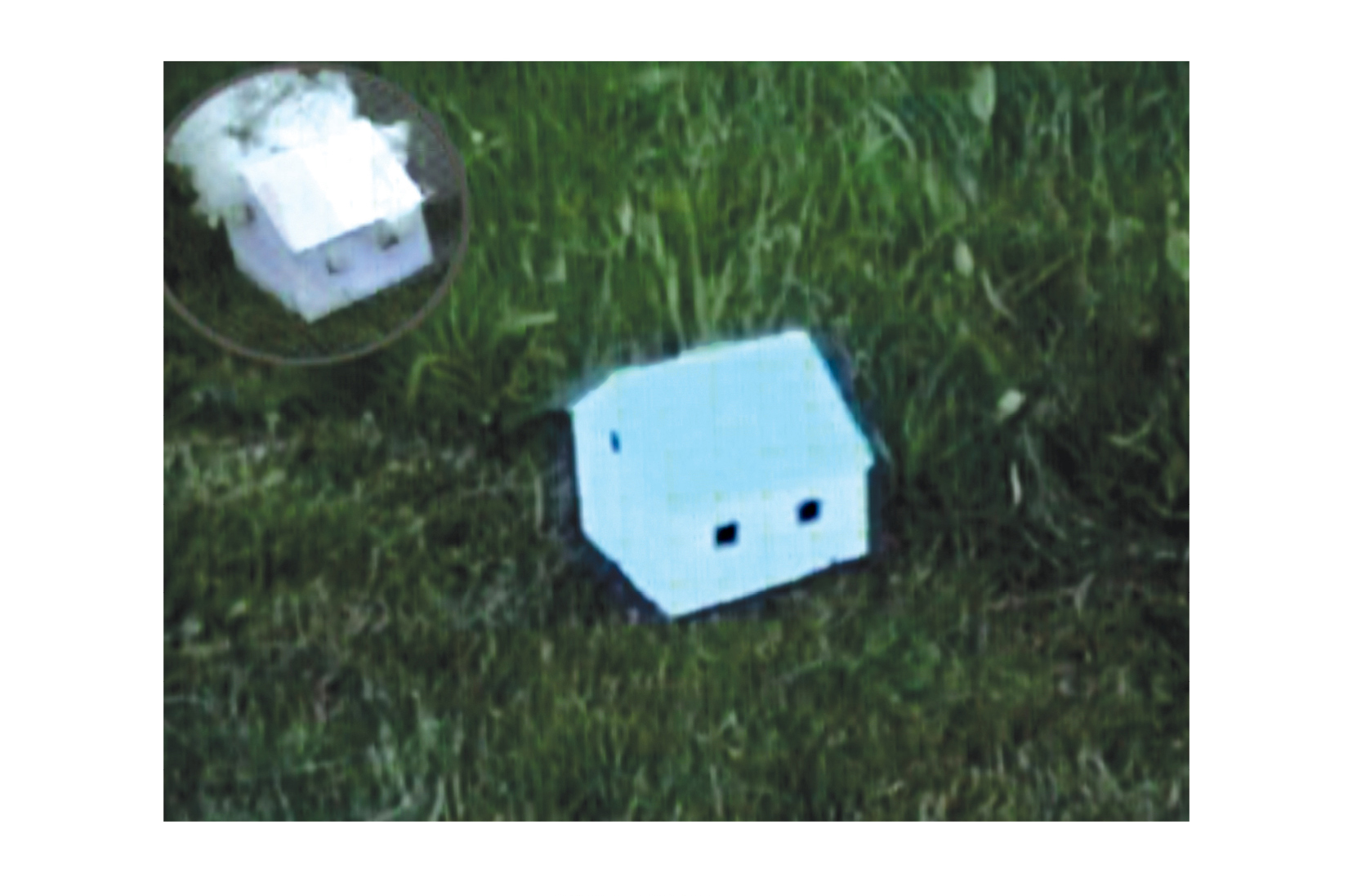By Mattilda Bernstein Sycamore
BOMB
April 19th,
I met Cara Hoffman when she attended a reading I gave at Bluestockings Bookstore in New York for my third novel, Sketchtasy, in 2018. She had recently published her third novel, Running, and we became friends in that way that writers can become friends, which is maybe one of the best reasons to become a writer—a camaraderie where we obsess about language in a particular way and a shared struggle to forge a space for our creative selves in a world that mostly wants to crush us. So, we started talking on the phone—hours-long conversations about gentrification and publishing and how to build autonomy as a writer in a world that only wants to commodify or destroy. In the summer of 2020, as a new pandemic ushered in the dystopian realities of quarantine, lockdown, and social distancing, Hoffman invited me to join the editorial collective for a new publication, the Anarchist Review of Books, which would feature “intelligent, subversive, non-academic writing with an anti-authoritarian, anti-capitalist perspective,” and of course I said yes.
Hoffman’s fourth book, Ruin (PM Press), is an anarchic short story collection that moves freely from narrative realism to satire, from speculative fiction to war reportage, from suspense and doomsday reckoning to something close to poetry. At its core are existential questions about self and solidarity, brokenness and loss, scarcity and possibility in the ruins of everyday survival. “All of my work is character-driven,” Hoffman says, “even if the character is a mouse.”
—Mattilda Bernstein Sycamore
Mattilda Bernstein Sycamore There is a lot of ruin in this book—the ruins of industrial capitalism, of desire, family, collective memory, sexual assault, murder, and war. And yet ruin is not just a place of loss, but also a place of possibility. How do you see this duality?
Cara Hoffman I grew up in a place with a lot of modern ruins—manufacturing plants that succumbed to nature; gun factories, mills, warehouses, an office tower that was empty because of environmental contamination, farmhouses listing like ships leaning into the wind, spilling generations of possessions out over fields. A landscape of economic and structural ruins that also became places to play shows, dive from roofs into reservoirs, places to make art, to squat, places where the imagination could work.
It’s also good to remember that ruin is a verb and there are things that need ruining like the corporate hold on the imagination, the doublethink that’s taken hold in the culture, the class system, this list is pretty long. Ruins are never just artifacts. They’re always glimpses of the future. Delphi and Mayapan are more than picturesque temples and symbols of power—they’re the physical confirmation that political, economic, and cultural centers will all fall and that people will remain and rebuild. This isn’t to say that there won’t be awful consequences, but that there are liminal spaces, and occasions for revolutionary change—even if that change happens on a psychic level.
MBS Gentrification plays a particular role in these stories—as engine of displacement, as the undoing of urban possibility, and as the wreckage of critical thinking.
CH Yes. The title story of Ruin takes place in Alphabet City in lower Manhattan, at a time in the 1980s when wreckage offered some creative sanctuary. I don’t sentimentalize the awful things about landlord arsons or living in a burnt-out rat habitat with missing walls—but no one can deny the work that was made there, or the freedom that birthed it—the community gardens, the ruined tenements that became squats or were bought from the city for a dollar. The complexity of that time, the kinds of artistic and political insurrection that came of it.
These were times of power and self-reliance and nuance and it was still possible to be dislocated from the devices that suck our time and mark our locations and retrain our habits. Wrecking critical thinking seems to be the primary political agenda in the US on the right and the left now. But it’s comforting to know that the luxury apartments of tech bros and money addicts who live in lower Manhattan now will be underwater in the not-so-distant future.

Photo of Cara Hoffman by Constance Faulk.
MBS In the title story, you write, “everything in the city was about to be remade in the image of a mirror that reflects another mirror.” The camera offers another organizing principle in the book—what is seen, and what remains hidden. Who creates the frame, and who does the looking? What do you want to illuminate through this lens?
CH I hadn’t thought about how many times cameras show up in the book—but it’s true. The girls with their Super 8 camera desperate to make another world, the surveillance missions that fly over to photograph the dead, the artist who photographs the poison frog and the naked man. The retouched photographs. Each eye a camera. I think hyper-documentation is the story of our time. The immediacy of the disposable image.
MBS There’s the process of photography too. You write, “The subject of the photograph was irrelevant. It was how it came to be.” You also invoke the process of painting. Can you talk about this process-based orientation in the book as a whole?
CH It’s hard for me to feel, as a working artist, that the product matters. The book isn’t really the work—it’s an artifact. The recording is never the song, the painting is an object that documents a process. And all these things can be beautiful and significant but it’s the state of flow that produces these objects or sounds or ideas that’s the actual work. Hopefully that artifact creates a resonant embodied sense and thought and association and freedom in those who read and listen and see.
MBS This is a very compact book, and yet the stories offer a wide range of styles and sensibilities. I wonder if you want to talk about how you see the stories in conversation with one another—formally, structurally, poetically, and politically.
CH Ruin is a book of linked stories, in some cases the connection is something as small as an insect on a windowsill. In the broader sense, each story is about a reckoning with circumstances that are out of one’s control. In that way, it is very much a book of the COVID era, a book of the climate crisis. I didn’t think about style, sensibility, and genre when I was writing the book—I sat down and wrote without planning, and this is the world that emerged. I also wrote these stories over a long period of time.
MBS How long?
CH A few of the stories I wrote as early as 2003 or 2004. Some of them I wrote in parts at residencies more recently, and then it all came together in the last year.
MBS I love when a line in the book stands out on its own to offer societal critique, such as, “It was when people began to say they were ‘on brand’ that I lost the power to speak.” I think you’re asking whether it’s possible to escape this branding, in order to speak, right?
CH Yes, absolutely. This branding—the idea that people would apply corporate methods and strategies to their personalities and to their work makes me sick. I reject everything about it. The lack of nuance, the pandering and manipulation involved. The lack of imagination, the restriction on emotion and intellect, the narrowed discourse, and the belief that everything is a product. These are ideas I’d like to ruin.
Right now, the way I’m trying to ruin them is by publishing the Anarchist Review of Books and collectively creating a place where the puerile pursuit of personality and identity as brand doesn’t exist. The other way I’ve tried to escape this branding is by leaving America and living in Exarchia, an autonomous neighborhood in central Athens. I think there are other ways to do it—but I haven’t found them living in America.
MBS Also there’s your choice, with this book, to depart from the realm of corporate publishing, which is always “on brand,” in order to create a book on a small radical press without such overt pressures for commodification. What are the perils and possibilities here?
CH I had three literary novels that were well-received and reviewed and translated and they afforded me a different kind of life—I was able to leave a deadening situation practically overnight because of the advance I got for So Much Pretty, my first book. Corporate publishing made all of that possible. It made it possible to leave the country, and to reach a large audience and talk about radical retribution and outsider culture. But the pressure to stay on brand once you’ve published a popular book on a corporate press is enormous, as is the pressure to make changes to the work that are dictated by the market and the pressure to sell yourself—your personal story—to behave as a commodity.
The greatest peril is the corporate hold on the imagination, on modes of expression, on language. Corporate publishing houses also have a largely unrecognized political agenda. I’ve always found it funny what people consider political work—how things that reflect the dominant culture are not considered political, a realistic narrative about Americans living “relatable” lives isn’t considered political, but in the end, those are always the works that reveal the most about a society or culture’s dysfunction because their politic and ethos is revealed in every word. Silence about a topic isn’t apolitical. It’s a flex.
The other peril of publishing with a large corporate house is that the narratives that are given precedent are coming mainly from the perspective of one social class and are often written by authors from the same elite schools. Unless the prose is amazing, this work is boring. It’s safe. There is no room for experimentation. Stories by and about poor or working-class people are overlooked unless they are about those in a state of struggle, are poverty porn, or include a story arc that involves financial success. This isn’t true for genre fiction but it is undeniably the case for literary fiction. There are always exceptions that prove the rule.
These decisions are made at the corporate level—not by authors themselves. It’s not that there aren’t poor or working-class authors writing about their lives—it’s that their work isn’t getting bought and when it is, it’s so they can perform a kind of minstrel show. In the first adaptation for my novel Be Safe I Love You, the screenwriter made every poor character smile with crooked or missing teeth and speak with bad grammar, which was not in the book—it was a fucking joke. I threw the script across the room. The perils of staying with a big corporate house are writing propaganda for an oligopoly so that you can assist in a strategy that erases the content and meaning of your work. The perils of publishing on a small press are that people might not buy as many copies of the book. It’s not a tough decision.







